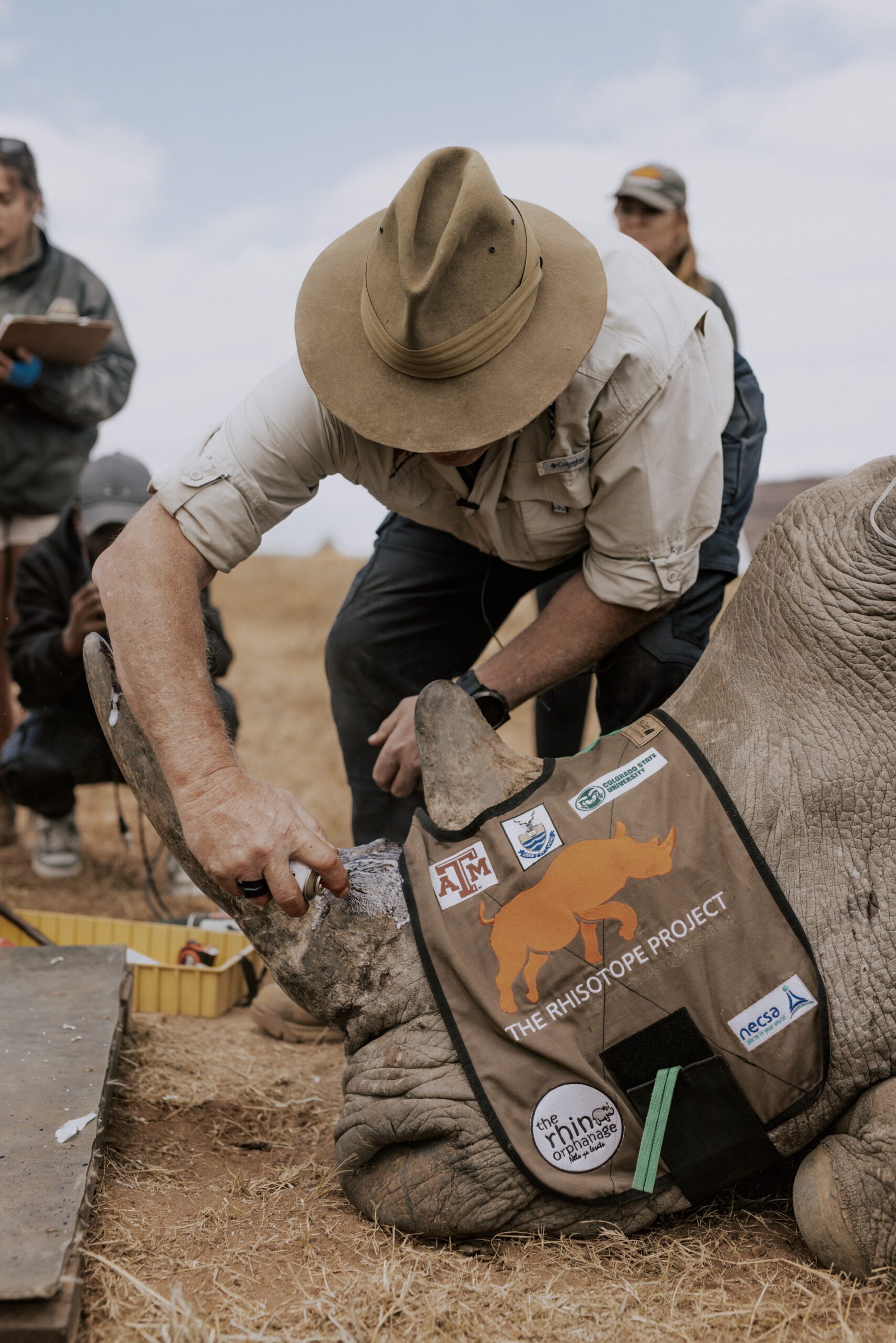How It Works
Discover our innovative approach to distrupting rhino poaching—combining nuclear science with conservation for real-world impact.


![[team]](https://cdn.prod.website-files.com/6981d86cf4cb977319c2441e/698612580c8d1ddcaf96f69c_Rhisotope-Project-Media-Day-43-scaled.jpg)
Explore how innovative radioisotope marking makes rhino horns detectable at international borders, undesirable for poachers and black market purchasers, but 100% safe for animals - creating a powerful barrier against illegal trade.
Meet the passionate experts using science and innovation to protect rhinos and disrupt illegal wildlife trade.
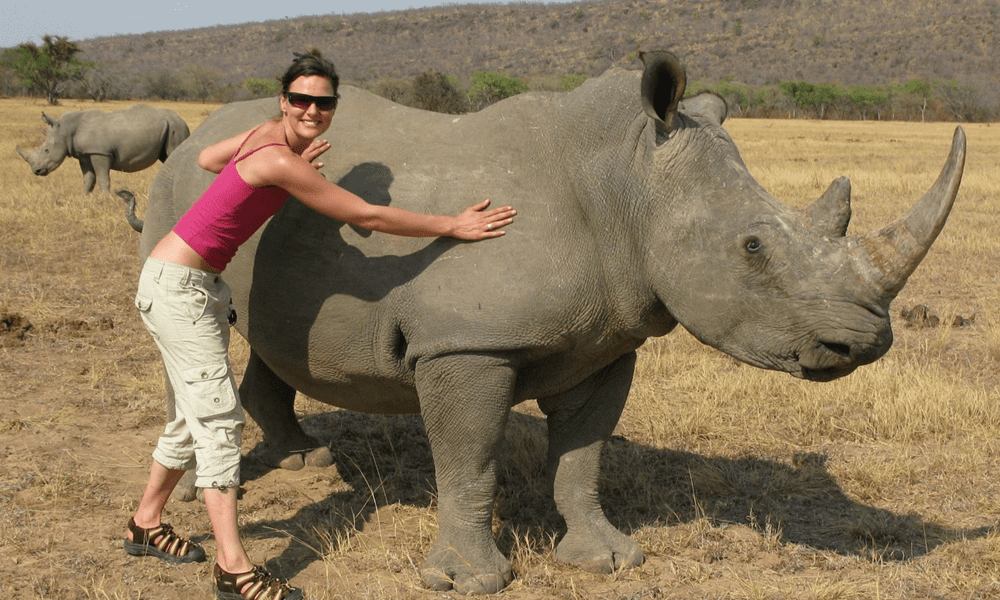
Jessica is an environmental anthropologist with experience in conservation research and project delivery across local, national and international contexts. As CEO, she leads strategic partnerships that unite science, conservation and communities to combat rhino poaching.
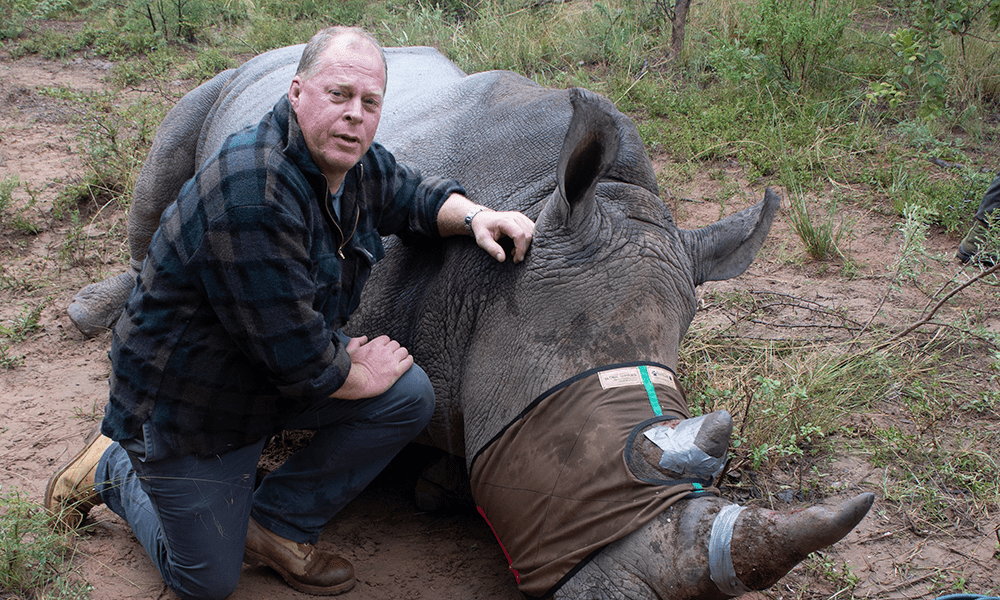
Professor James Larkin is Director of the Radiation and Health Physics Unit at the University of the Witwatersrand and a former Chair of the IAEA’s International Nuclear Security Education Network. An internationally recognised nuclear security expert, he provides scientific leadership to the project.
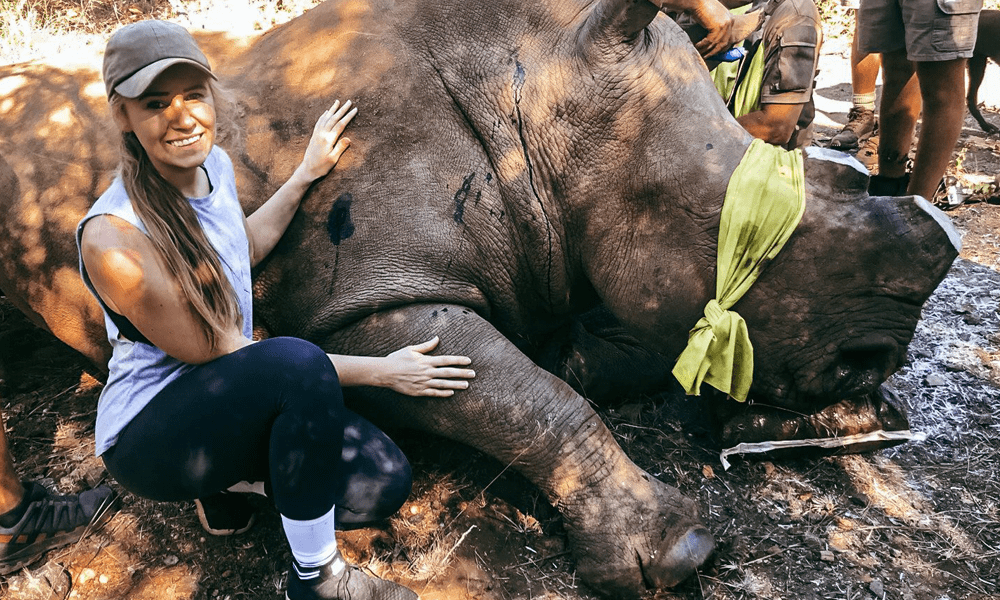
Kayleigh de Villiers is a conservation scientist specialising in nuclear and isotope techniques for wildlife protection. An IAEA Marie Skłodowska-Curie Fellow, she leads isotope research, tracking rhino movement and origin, and serves as the project’s Radiation Protection Officer.
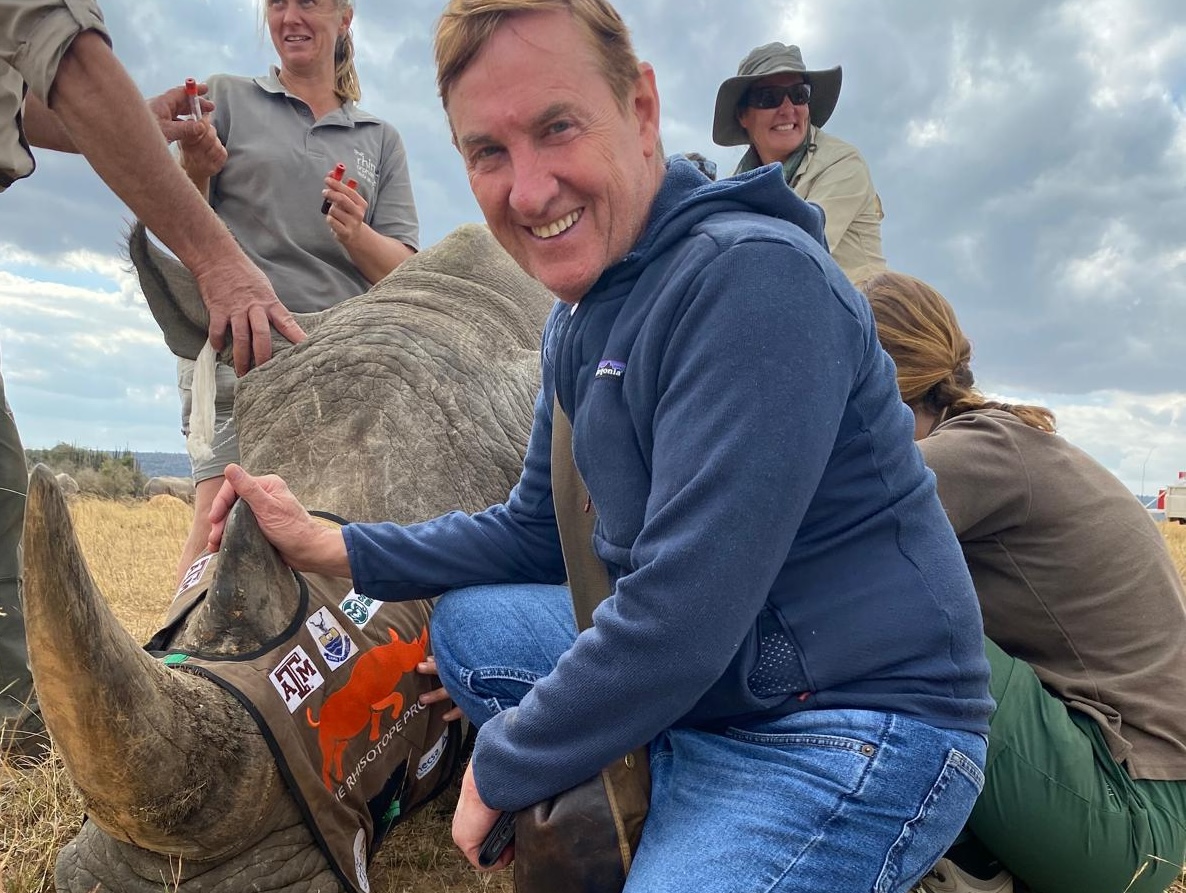
Dr Roger Howsley is a globally recognised leader in nuclear security and governance. He is the Co-Founder and former Executive Director of the World Institute for Nuclear Security (WINS). Previously, he held senior leadership roles in the nuclear industry. He provides strategic oversight and international expertise to The Rhisotope Project.
Our mission is supported by NGOs, conservation groups, scientific institutions, and industry leaders committed to ending rhino poaching through innovative, science-based solutions.
If you are interested in partnering with The Rhisotope Project, please contact us.


Learn how our solution protects rhinos and how you can help.
Need more info? Contact our team anytime.
Have a question, want to get involved or want to find out about treating your rhinos? Please contact us through the form below.
